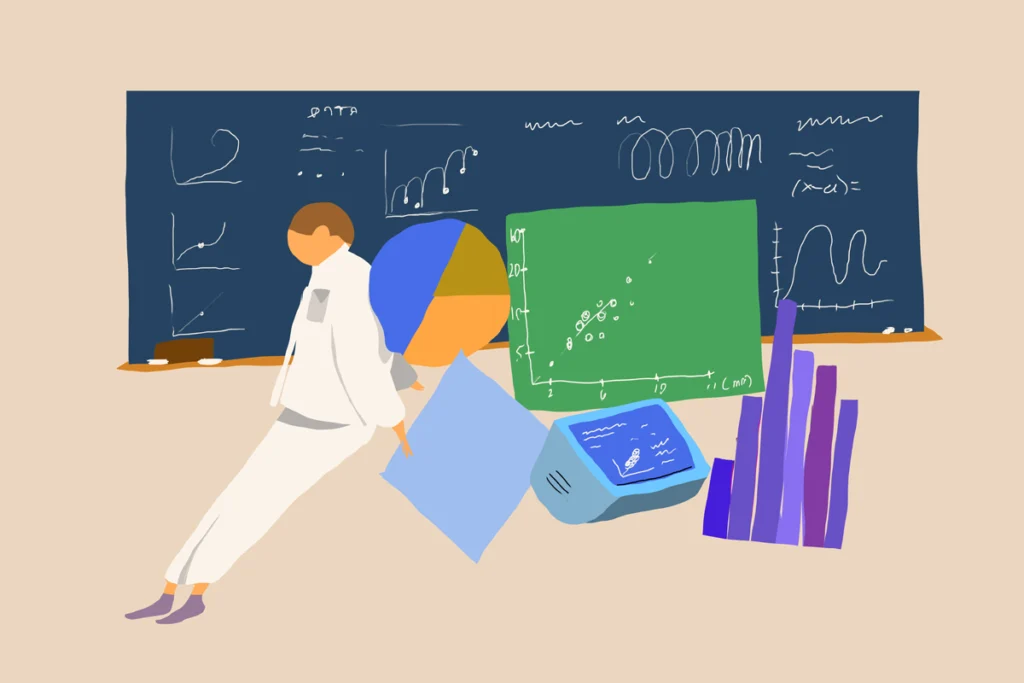Daniel Barreto
Illustrator
From this contributor
Rethinking mental health: The body’s impact on the brain
Mounting evidence illustrates how peripheral molecules can influence brain function, offering new therapeutic targets.
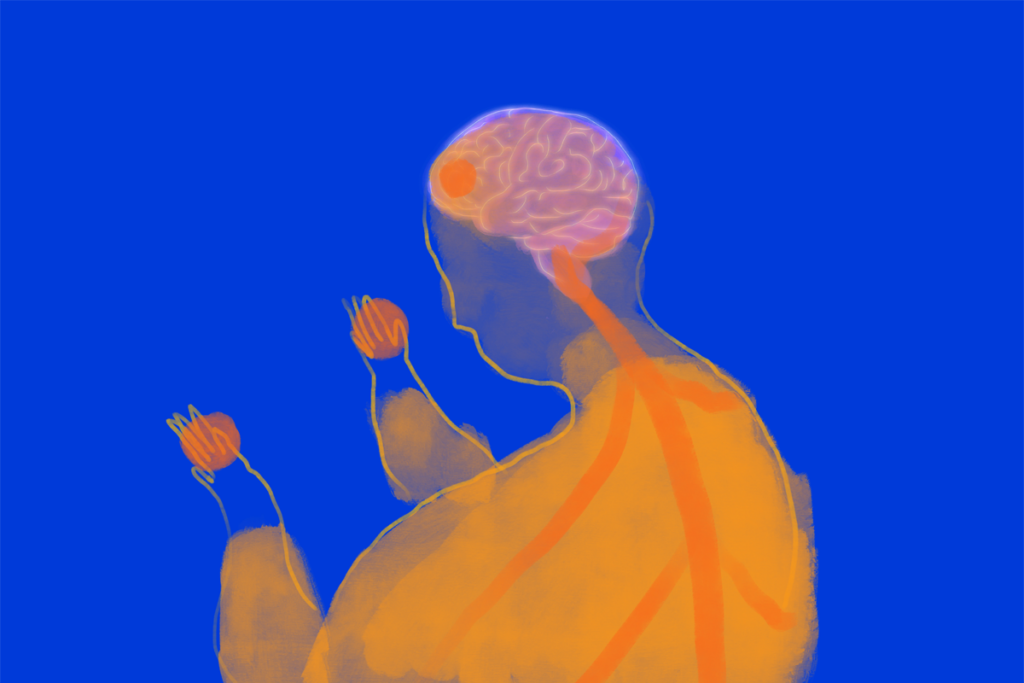
Rethinking mental health: The body’s impact on the brain
To keep or not to keep: Neurophysiology’s data dilemma
An exponential growth in data size presents neuroscientists with a significant challenge: Should we be keeping all raw data or focusing on processed datasets? I asked experimentalists and theorists for their thoughts.
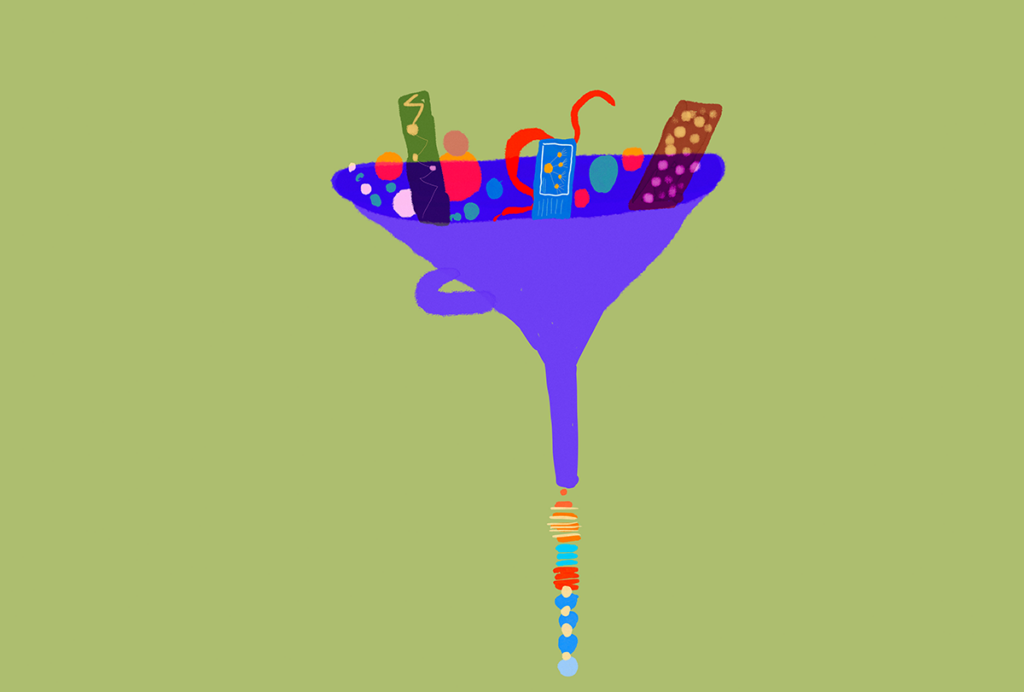
To keep or not to keep: Neurophysiology’s data dilemma
The S-index Challenge: Develop a metric to quantify data-sharing success
The NIH-sponsored effort aims to help incentivize scientists to share data. But many barriers to the widespread adoption of useful data-sharing remain.
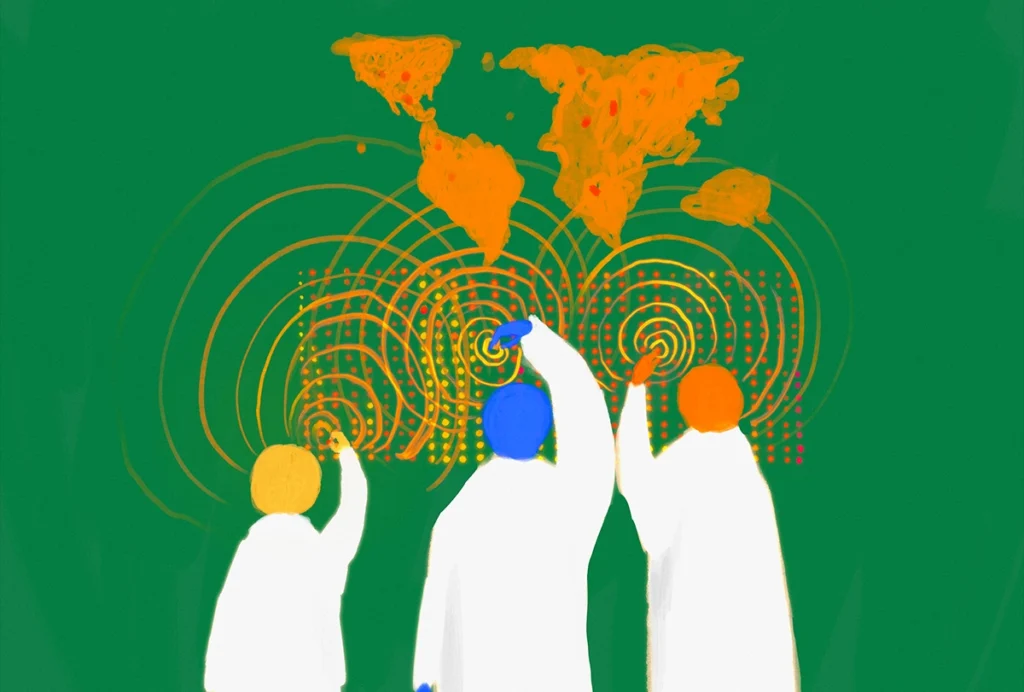
The S-index Challenge: Develop a metric to quantify data-sharing success
A README for open neuroscience
Making data (and code) useful for yourself automatically makes it useful for others.
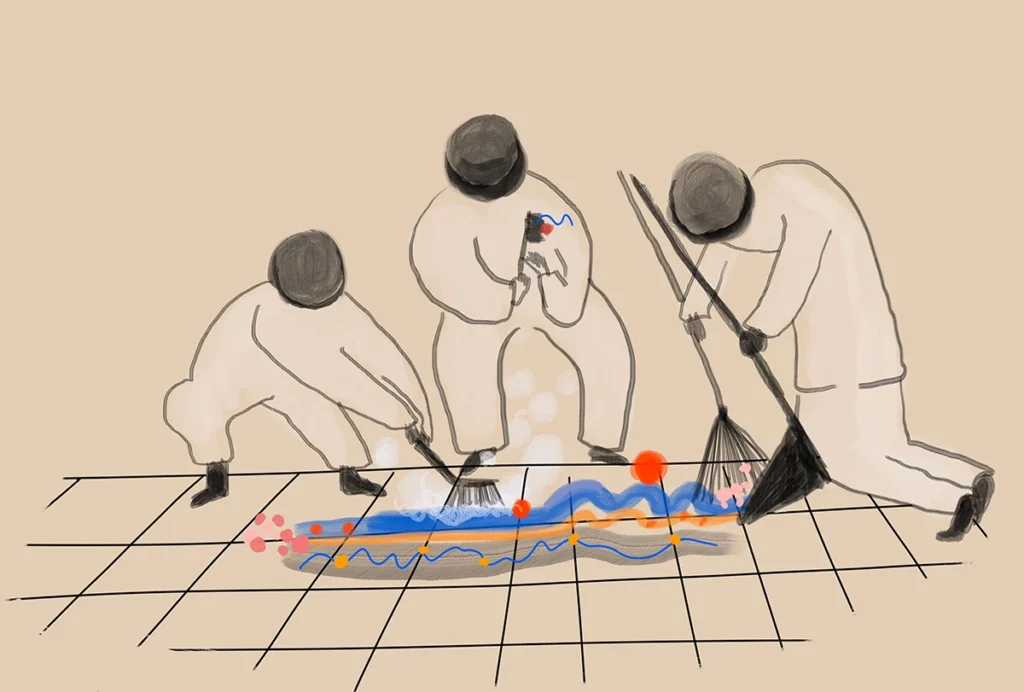
A README for open neuroscience
Neuroscience graduate students deserve comprehensive data-literacy education
Despite growing requirements around how to handle and share data, formal training is lacking.
Explore more from The Transmitter
Exclusive: Recruitment issues jeopardize ambitious plan for human brain atlas
A lack of six new brain donors may stop the project from meeting its goal to pair molecular and cellular data with the functional organization of the cortex.
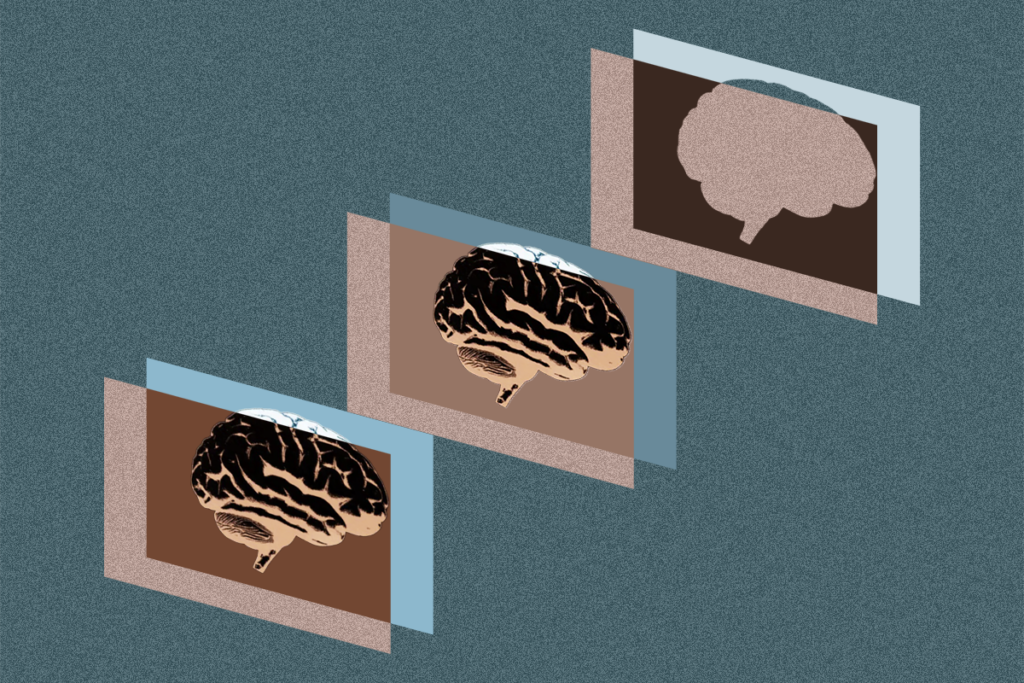
Exclusive: Recruitment issues jeopardize ambitious plan for human brain atlas
A lack of six new brain donors may stop the project from meeting its goal to pair molecular and cellular data with the functional organization of the cortex.
How pragmatism and passion drive Fred Volkmar—even after retirement
Whether looking back at his career highlights or forward to his latest projects, the psychiatrist is committed to supporting autistic people at every age.
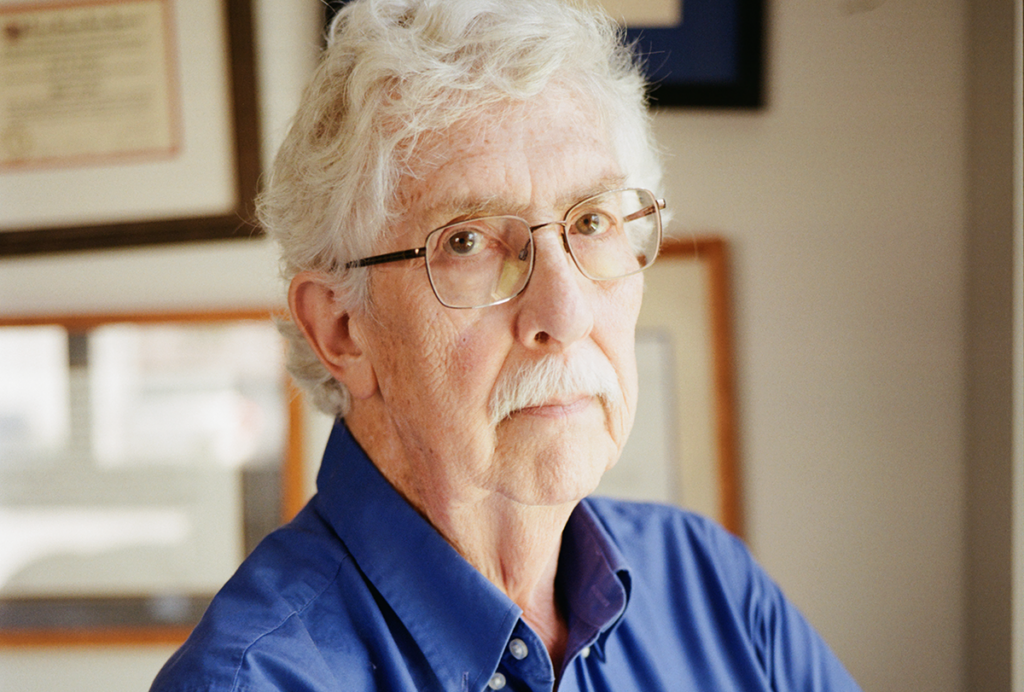
How pragmatism and passion drive Fred Volkmar—even after retirement
Whether looking back at his career highlights or forward to his latest projects, the psychiatrist is committed to supporting autistic people at every age.
The brain’s quiet conductor: How hidden cells fine-tune arousal
New research published today suggests that the pericoeruleus acts as a kind of micromanager of arousal, selectively inhibiting different subgroups of locus coeruleus neurons depending on the behavioral context.
The brain’s quiet conductor: How hidden cells fine-tune arousal
New research published today suggests that the pericoeruleus acts as a kind of micromanager of arousal, selectively inhibiting different subgroups of locus coeruleus neurons depending on the behavioral context.
